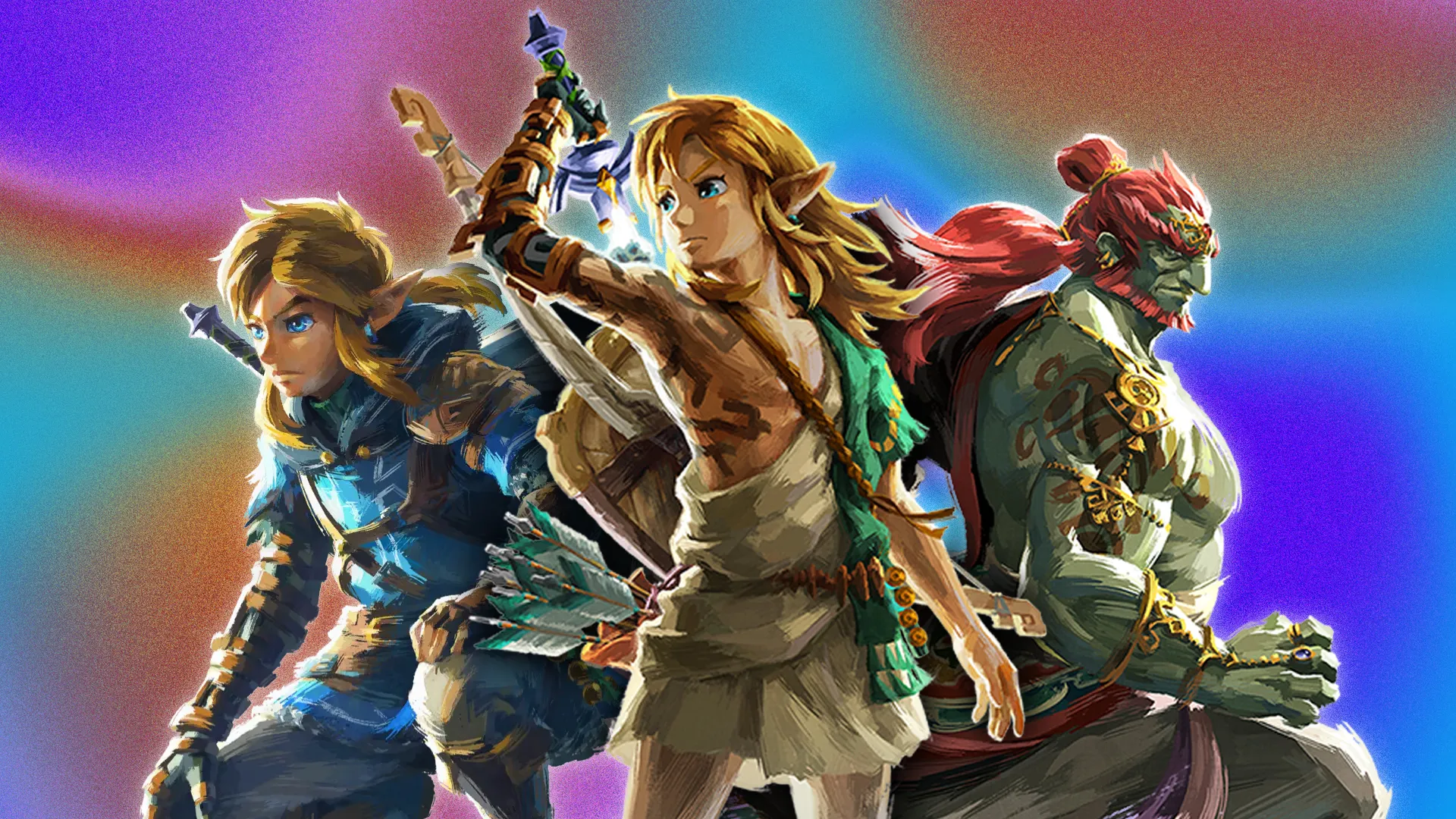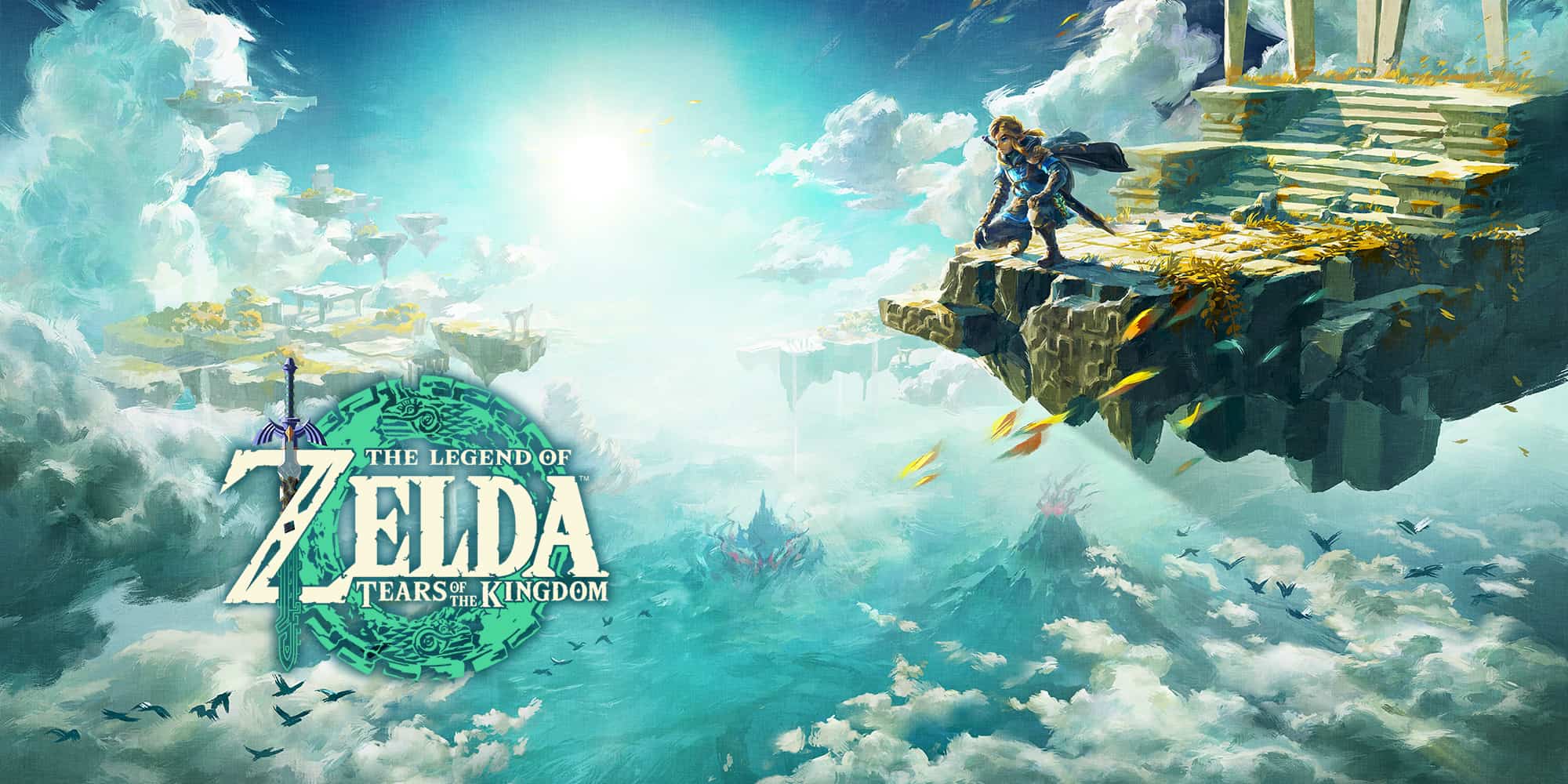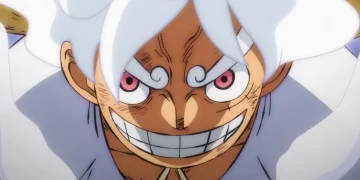The Legend of Zelda is a series of video games that are produced and distributed in Japan. The Legend of Zelda is an action-packed and full-of-adventure video game series that was created by Takashi Tezuka and Shigeru Miyamoto, who are both situated in Japan. Nintendo Co., Ltd, a Japanese multinational company that produces video games and publishes them, produced and distributed the game The Legend of Zelda; the Nintendo Co., Ltd. headquarters is based in Kyoto, Japan.
The game The Legend of Zelda was first released in the year 1986 by the name ‘The Hyrule Fantasy: Zelda no Densetsu’. The series’ first game is based on a fantasy universe created by Hyrule. The original game’s creators were the same as those who made the entire series, Shigeru Miyamoto and Takashi Tezuka. The writers of the gamer were Takashi Tezuka and Keiji Terui.
The game’s programmers were Toshihiko Nakago, I. Marui, and Yasunari Soejima. The original game The Legend of Zelda was released for the platform like Family Computer Disk System. When the game was first released, it was a success; over 6.5 million copies were sold by the first game, The Hyrule Fantasy: Zelda no Densetsu, of the series The Legend of Zelda.
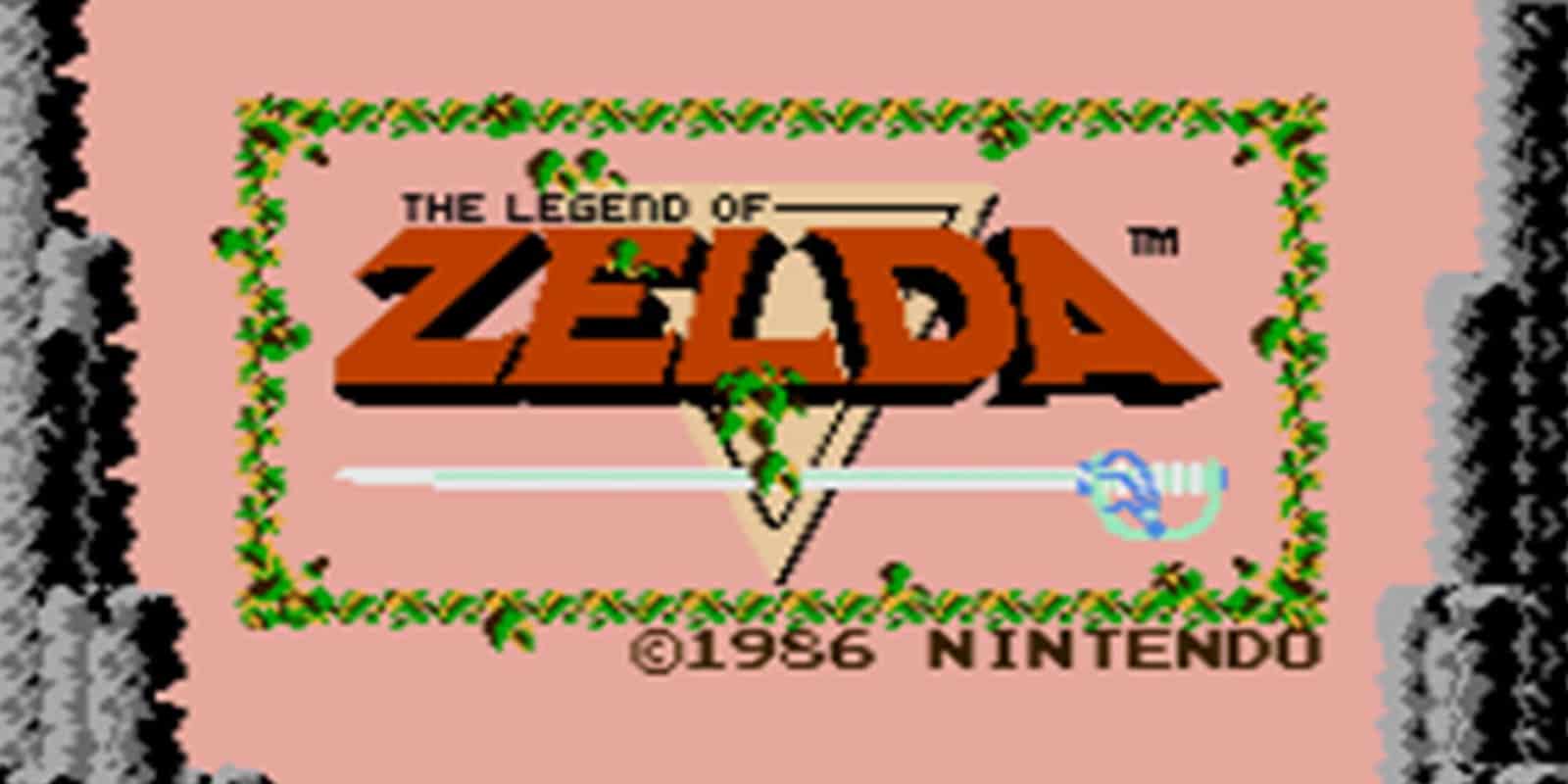
Development Of The Franchise Of The Legend Of Zelda
After the game The Hyrule Fantasy: Zelda no Densetsu turned out to be a commercial success after its release in 1986, the production house of the game decided to produce an animated series for the game’s worldwide audience. An animated series was made, which was aired in the year 1989, for TV-based purposes.
Over some time, the company has produced and distributed around 29 video games which add to the franchise of The Legend of Zelda, which are; the first game made, ‘The Legend of Zelda’, was released in the year 1986 and launched for the Nintendo Entertainment System. The second video game of the series was released in the year 1987, which was ‘Zelda II: The Adventure of Link’. The third installment of the series was ‘The Legend of Zelda: Link’s Awakening’, which was released in 1991; this game was built and launched in the new version of the Super Nintendo Entertainment System, a 16-bit console system.
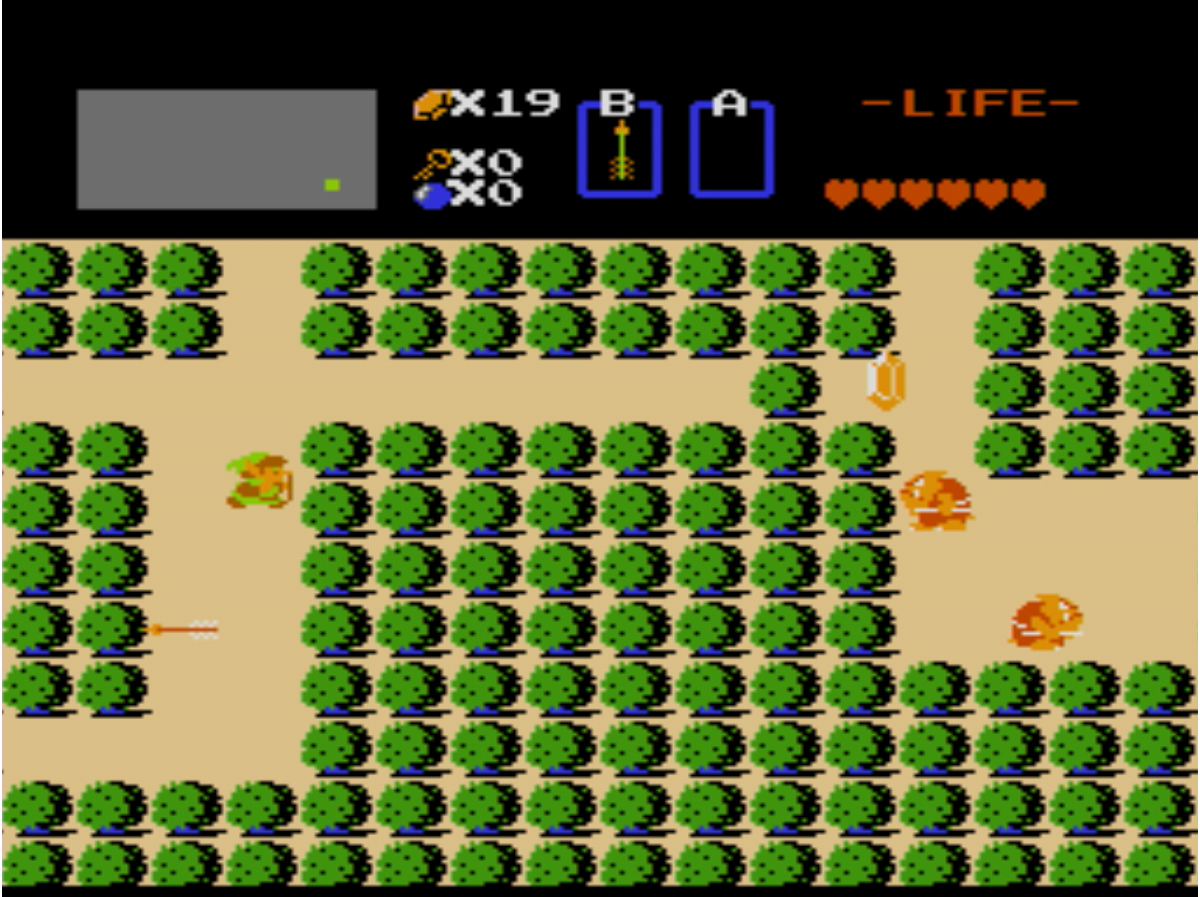
The fourth installment of the series, which was the sequel of the third game, was launched in the year 1998, which was ‘The Legend of Zelda: Link’s Awakening DX’. In the same year as 1998, the fifth game of the series was released, ‘The Legend of Zelda: Ocarina of Time’. ‘The Legend of Zelda: Majora’s Mask’ was the sixth game launched in 2000. ‘The Legend of Zelda: Oracle of Ages’ was the seventh game of the series and was released in the year 2001. ‘The Legend of Zelda: Oracle of Seasons’ eighth game launched in the same year, 2001. The ninth game of the franchise was ‘The Legend of Zelda: A Link to the Past & Four Swords, ‘ launched in 2002.
In the year 203, the company released the 10th, 11th, and 12th installments of the game, which were ‘The Legend of Zelda: Collector’s Edition’, ‘The Legend of Zelda: Ocarina of Time Master Quest’, and ‘The Legend of Zelda: The Wind Waker’. 2004 brought two new editions to the game, the thirteenth and fourteenth editions, ‘The Legend of Zelda: The Minish Cap’ and ‘The Legend of Zelda: Four Swords Adventures.
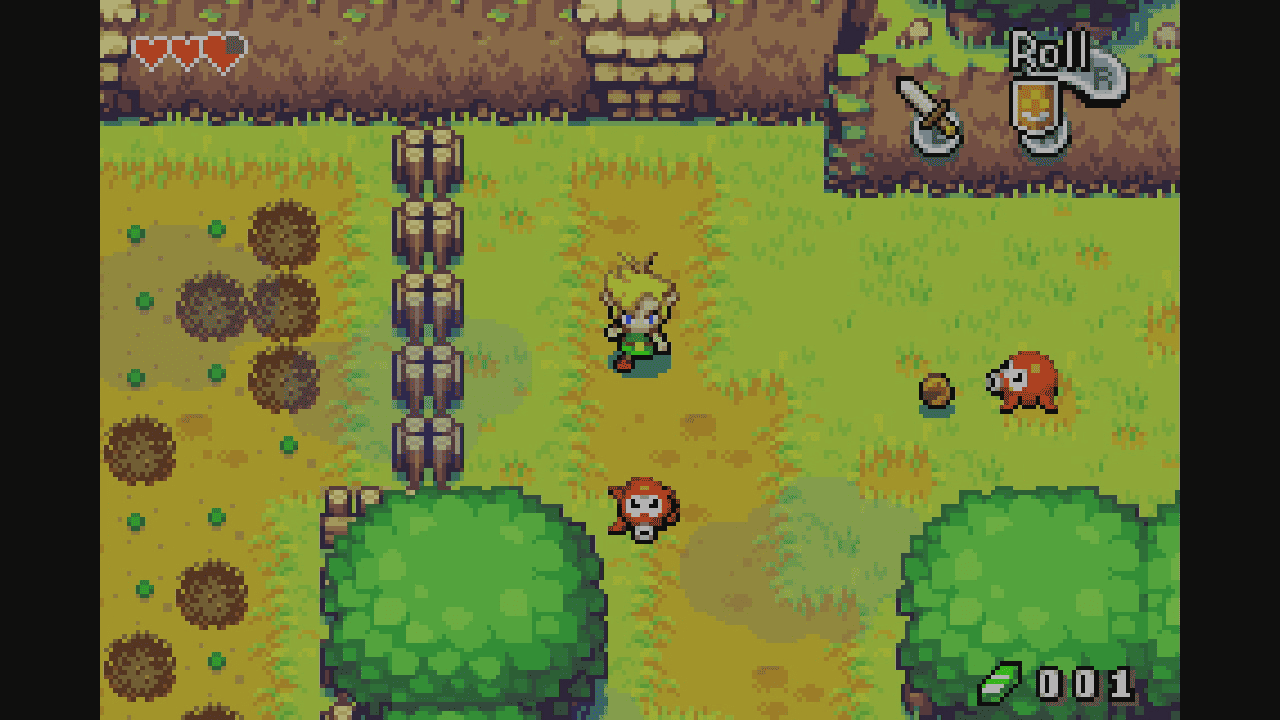
The next three installments of the game were, ‘The Legend of Zelda: Twilight Princess’, ‘The Legend of Zelda: Phantom Hourglass’, and ‘The Legend of Zelda: Spirit Tracks’, which were released in the years 2006, 2007, and 2009 respectively.
In 2011 was the first time where a 3D game was launched by the franchise, ‘The Legend of Zelda: Ocarina of Time 3D’, which was the eighteenth installment of the series. After two years, in 2013, the next two games were released: ‘ The Legend of Zelda: The Wind Waker HD’ and ‘The Legend of Zelda: A Link Between Worlds’.
Two more games were launched in the year 2015, ‘The Legend of Zelda: Majora’s Mask 3D’ and ‘The Legend of Zelda: Tri Force Heroes’. After that the, games like ‘The Legend of Zelda: Twilight Princess HD’, ‘The Legend of Zelda: Skyward Sword HD’, and the most recent of all ‘The Legend of Zelda: Tears of the Kingdom’ which was released in the year 2023.
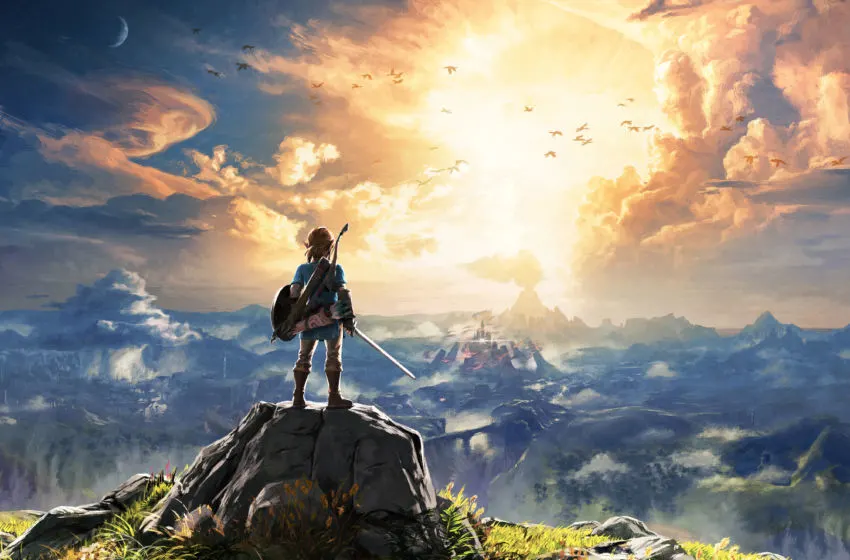
Here are some of the achievements made by The Legend of Zelda series:
The Legend of Zelda: Ocarina of Time won Game of the Year (1998) by GameSpot, I.G.N., Best Action/Adventure Game (1998) by The Game Awards Perfect Score (10/10) by I.G.N., GameSpot, and Edge magazine.
The Legend of Zelda: Breath of the Wild: Game of the Year (2017) by The Game Awards, DICE Awards, Best Action/Adventure Game (2017) by The Game Awards, BAFTA Game Awards, and Outstanding Achievement in Game Direction (2018) by D.I.C.E. Awards
The Legend of Zelda: A Link to the Past won Best Game of All Time by Electronic Gaming Monthly, Best Action/Adventure Game (1992) by Nintendo Power Awards
The Legend of Zelda: The Wind Waker won Best GameCube Game (2003) by E3 Game Critics Awards, Best Art Direction (2003) by BAFTA Game Awards
The Legend of Zelda: Twilight Princess won Game of the Year (2006) – I.G.N., GameSpy, and GameTrailers, and Best Adventure Game (2006) by Spike Video Game Awards
The Legend of Zelda: Skyward Sword won Best Wii Game (2011) by I.G.N., GameSpot, and Best Motion Game (2011) by Spike Video Game Awards.
The Legend of Zelda: Link’s Awakening (2019 Remake) won Best Remake/Remaster (2019) by The Game Awards, I.G.N.
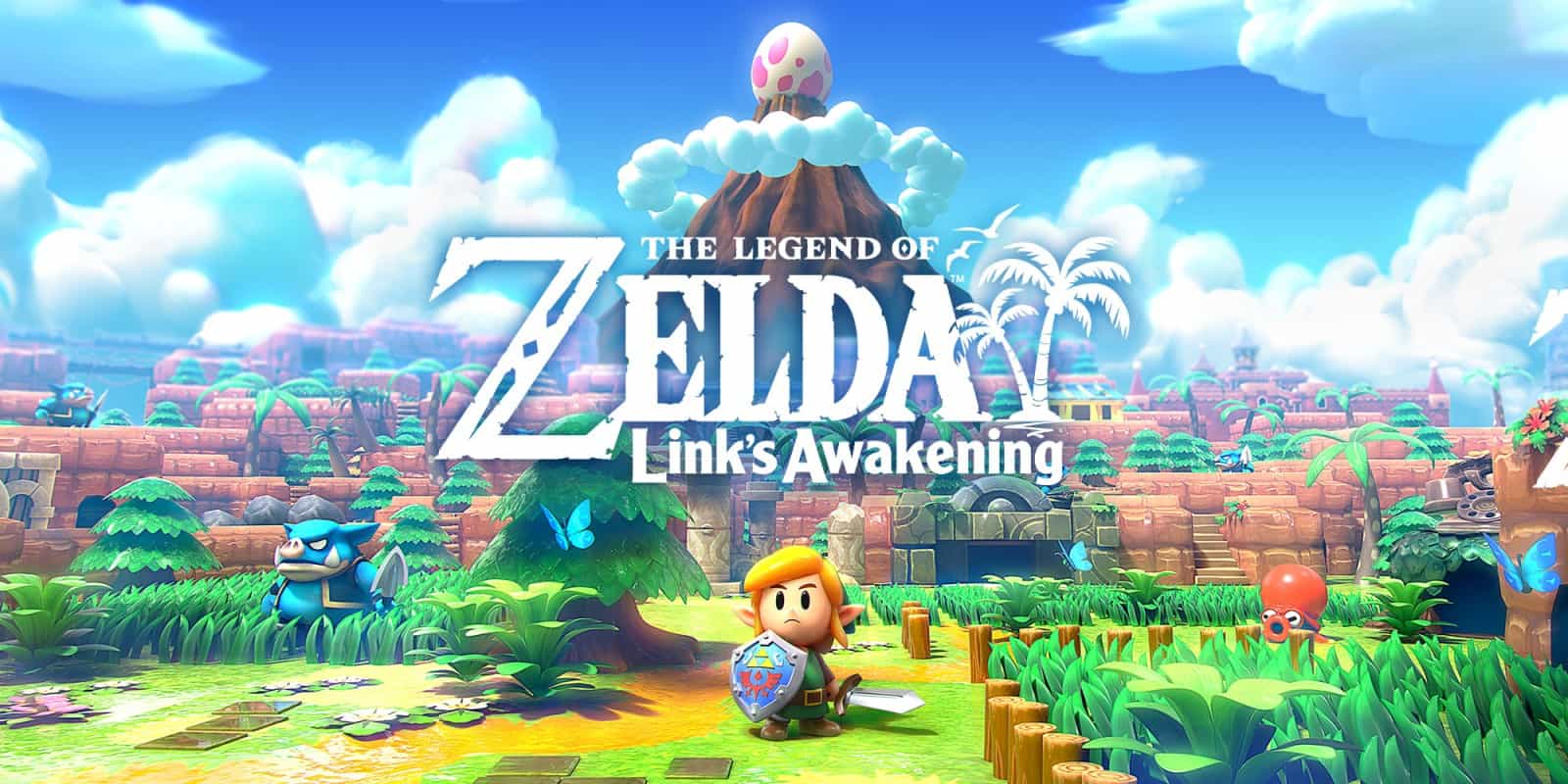
The Legend of Zelda Movie Update: Beyond Super Mario
Recent updates surrounding the rumored Legend of Zelda movie have sparked anticipation among fans of the beloved video game franchise. With the debunking of the speculation that Illumination Entertainment would produce the film, the prospects for an on-screen adaptation of The Legend of Zelda have become even brighter. Breaking away from a cinematic universe, embracing live-action possibilities, and attracting a larger audience could pave the way for an exceptional Legend of Zelda movie experience.
A Refreshing Departure from Super Mario: Unleashing the Potential of a Live-Action Zelda
While it was previously announced that Illumination Entertainment might develop a Nintendo cinematic universe, it is a relief that The Legend of Zelda will not be part of it. The trend of creating a large cinematic universe in Hollywood is not very stable. Attempting to establish an entirely new universe takes time, and by the time Illumination would fully flesh it out, the trend could be faded by then.
Moreover, linking all Nintendo movies together would affect the franchise as it might hamper their individual ability to stand out. The Super Mario Bros. Movie is a very successful and recent and beloved Nintendo game adaptation, and freeing The Legend of Zelda from its shadow allows for its own popularity and creative growth.
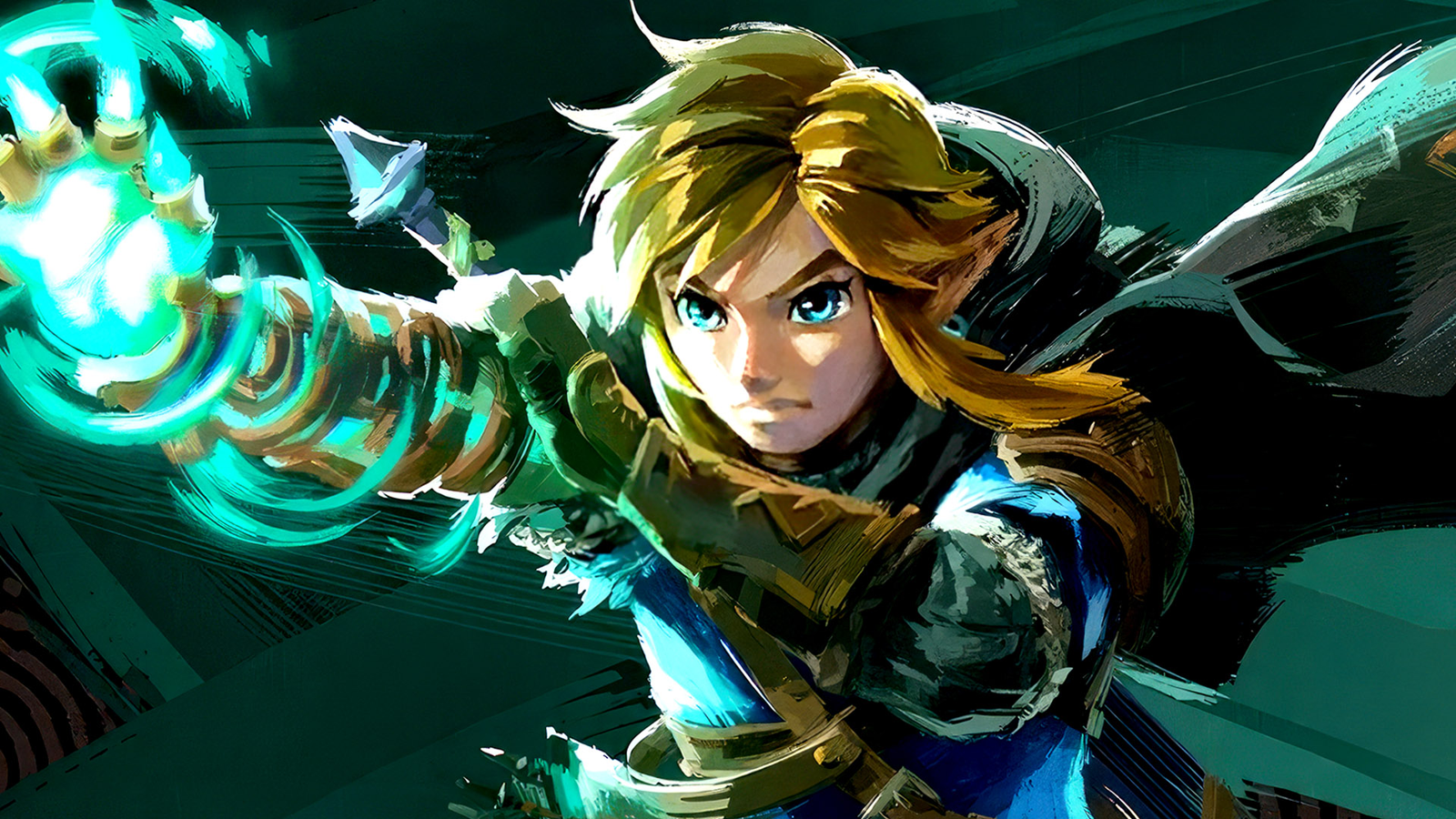
Now that The Legend of Zelda movie is not bound to Illumination Entertainment or any other studio, it `has the freedom to take on any form it desires. There have been considerations that it could be made into a live-action experience rather than animated. The iconic characters of The Legend of Zelda have thus far only been portrayed in animated form, but the current trend of making animated films into live-action adaptations presents an ideal opportunity for change.
This shift would undoubtedly resonate with fans. As Illumination Entertainment is no longer pursuing the animated adaptation, other studios can grab the chance to step forward with fresh plans. Whether live-action or animated, the fan’s desire for The Legend of Zelda to be brought to the big screen is always strong.
One more advantage of making a live-action Legend of Zelda movie instead of an animated version of it could provide the possibility of attracting a larger audience over a wide range of ages. Though it is considered one of the beloved video games by the gaming community in recent decades, there are still many who are not familiar with the game and its captivating story.
So, a live-action film might increase the possibility of reaching and raising awareness by introducing new audiences to the enchanting world of Zelda. This would bring in more fans and therefore expand the fanbase. Additionally, a live-action adaptation would likely appeal to people from different generations since animation is still sometimes considered as it’s only for children. Legend of Zelda could achieve even more significant global recognition by breaking into the live-action realm, The
While the production of a Legend of Zelda live-action movie may not be in immediate action, fans are eagerly anticipating its glorious arrival. As we can see from the success of The Super Mario Bros. Movie, it seems to be the perfect time for The Legend of Zelda to make a name for itself with an increasing trend in gaming-related films. The decision to separate from a potential cinematic universe and adapt a live-action film could pave the way for this iconic video game series.
